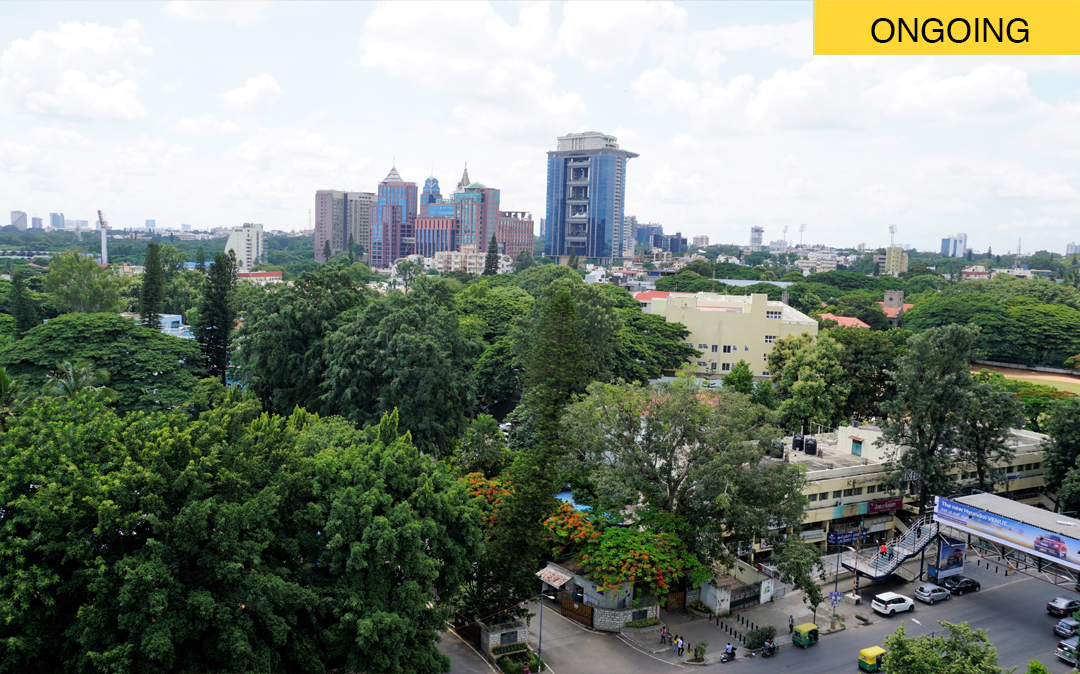Image credit: Shutterstock
The project aims to initiate mainstreaming of biodiversity conservation into climate informed, urban planning. The same will be done through development of the City Biodiversity Index and Undertaking capacity building of stakeholders in aspects of addressing climate change through nature- based solutions.
One of the major challenges being faced by cities is the complete absence of biodiversity conservation in urban planning. Mainstreaming biodiversity conservation is even more imperative in the backdrop of climate change. This will help to plan blue-green infrastructure to address climate change, through nature-based solutions.
Development of the City Biodiversity Index (CBI) is the first step in mainstreaming biodiversity conservation. The CBI, also known as the Singapore Index, was developed after the ninth meeting of the Conference of Parties (CoP) in 2008. During this meeting it was acknowledged that that cites and local bodies have an important role to play in the implementation of a country’s National Biodiversity Strategy and Action Plan (NBSAP), an important instrument outlining strategies and actions for the conservation of biodiversity. Bengaluru, once known as the “Garden City” and the “City of Lakes” has turned into a city of concrete owing to rapid urbanization and a swelling population. Over the decades, amidst the process of becoming the ‘Silicon Valley of India’, the city has witnessed a sea of changes in terms of population growth, infrastructure development and associated environmental impacts such as the encroachment of lakes, felling of trees and conversion of green spaces. As the city’s urban sprawl spills into the peripheries leading to fragmentation of the surrounding natural ecosystems and loss of green cover, the city administration needs to incorporate planning for ecosystem management and conservation. This will lead to more inclusive and sustainable growth.
The recent floods in the city of Bengaluru, further emphasize on the need to incorporate biodiversity conservation into climate informed urban planning. As a first step, the CBI will be applied, which will support Bengaluru’s decision makers to consolidate the available biodiversity-related indicators at the local level. This could then help the city to evaluate its biodiversity conservation efforts and plan for a healthier and more liveable city. ICLEI- Local Governments for Sustainability, South Asia, in collaboration with Centre for Conservation of Natural Resources, The University of Trans-Disciplinary Health Sciences, will develop the City Biodiversity Index for Bengaluru city, specifically for the Bruhat Bengaluru Mahanagara Palike (BBMP).
By Dr. Monalisa Sen (ICLEI South Asia) and Abdul Kareem (The University of Trans-Disciplinary Health Sciences)
Project Start Date:
April 2023
Contact:
Dr. Monalisa Sen: monalisa.sen@iclei.org
Abdul Kareem: abdul.kareem@tdu.edu.in
Social Media handles:
Instagram: @iclei_southasia
Twitter: @ICLEISouthAsia @TDU_TKInf

